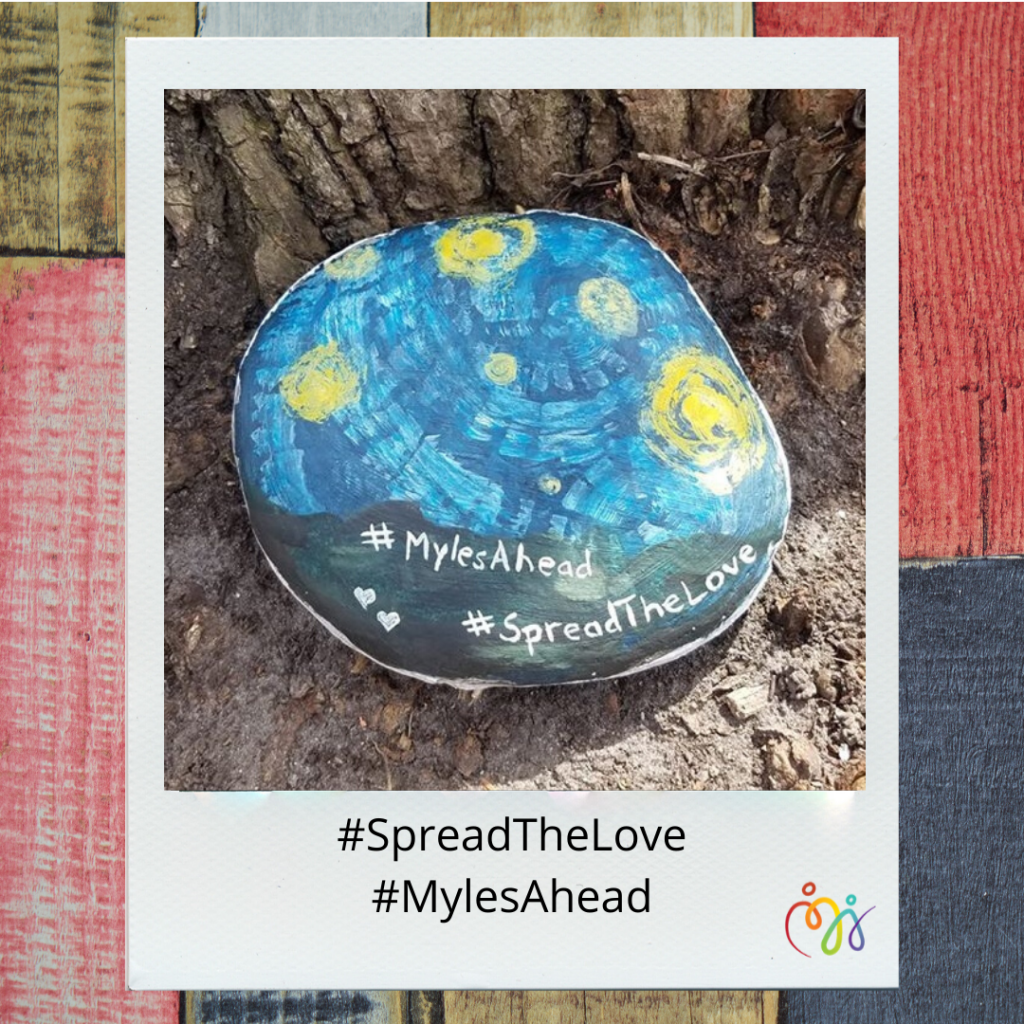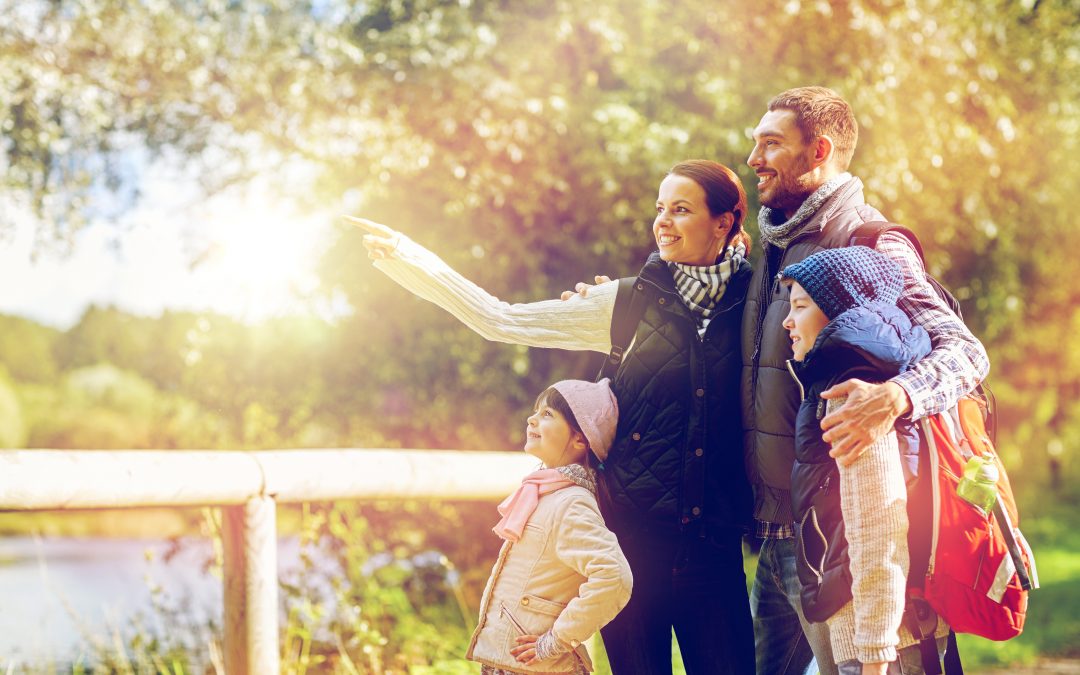Though some of us may be more predisposed to feeling grateful than others, all of us can benefit from practicing gratitude. In a sense, you can think of it as a skill which can be learned and enhanced. With regular practice research has shown that gratitude can have lasting effects on the brain and a significant impact on how we feel. Feeling gratitude goes beyond feeling thankful for the external gifts we receive or a sense of indebtedness and can include simply noticing the positive around us – a moment of contentment, something beautiful, a shared laugh. When we can look at life through a lens focused on the beauty, it can help us cope and feel a sense of hope, even in the darkest of times. We have seen some of the healing effects of gratitude in the outpouring of support towards frontline and essential workers during this COVID-19 crisis. Gratitude can energize our lives, shift our focus away from what we are lacking to what we have and who we want to be, and lead to a more compassionate, generous and forgiving viewpoint. So, what can we do to experience more gratitude in our daily lives? Here are a few suggestions that may help…
Mind
This week’s mind activity suggestion is a more intentional focus on journaling. Intentionally and consistently looking for positive things to be grateful for can counteract the negativity bias of our brains. Research done by positive psychology guru, Sean Achor, has shown that when subjects journal 3 new things that they are grateful for everyday for 21 days, it changes the way they habitually see the world. Which is to say, the more we intentionally take note of what we are grateful for daily, the more and more things we will find to be grateful for.
Body
Interestingly, studies have also shown that gratitude can actually have an impact on our physical wellbeing. Practicing gratitude can reduce experiences of general aches and pains, help provide a general overall feeling of good health, help us sleep better, and stimulate the desire to exercise more and eat more healthily. A few suggested physical activities associated with gratitude are pretty straightforward: if you can, take a walk and notice things that your body is able to do (like take you for a walk!), that you feel thankful for. On your walk, intentionally look for beauty around you – stop and smell the flowers and listen to the birds. If you are not able to go outside, prepare a favourite meal and explore it with all of your senses, and consciously recognize your joy and gratitude for it.
Spirit
Practicing gratitude on a spiritual level is in some ways, about perspective. This does not mean that we don’t feel sad, or frustrated at times, but when we consider our challenge in comparison to all of the possible challenges others have faced in the world, we can find our way to gratitude even during our most heart wrenching challenges. We can feel grateful that we belong to the wider human family and that we are not alone in our challenges. Our recommended activity to practice spiritual gratitude this week is to watch Brian Doyle’s TEDxYouth talk and challenge yourself to find someone to say thank you to in a meaningful way everyday.
Don’t forget about our special family-friendly social media experiment to #SpreadTheLove #MylesAhead:

If you haven’t already read about it, here are the instructions for the activity.
i. Paint a heart on a rock of your choosing.
ii. Write #SpreadTheLove #MylesAhead
iii. Place it in someone’s garden, or in a public space for others to see.
iv. Take a picture. Share it on social media with your location. Remember to tag us and use the hashtags #SpreadTheLove #MylesAhead!
We will monitor the progress – let’s see how far we can #SpreadTheLove!
ADDITIONAL RESOURCES
Children: An oldie but a goodie: A Pep Talk From Kid President.
Youth: Brian Doyle’s TEDxYouth talk on gratitude is powerful viewing for youth and adults alike.
Youth: Be There is a site to help you recognize when someone might be suffering with their mental health.
Teachers/Educators: While Sean Achor’s Ted talk, has been around for a while, it still one of my favourites to revisit on occasion. For educators, practicing positive psychology can have a big impact on the culture of the classroom.
Caregivers/Parents: This Wellcast video on gratitude is included in their 100 wellness day challenge, which is a great resource for positive practices that support wellness. I have been loving John Krasinski’s “Some Good News” if you don’t already have it on your radar.

